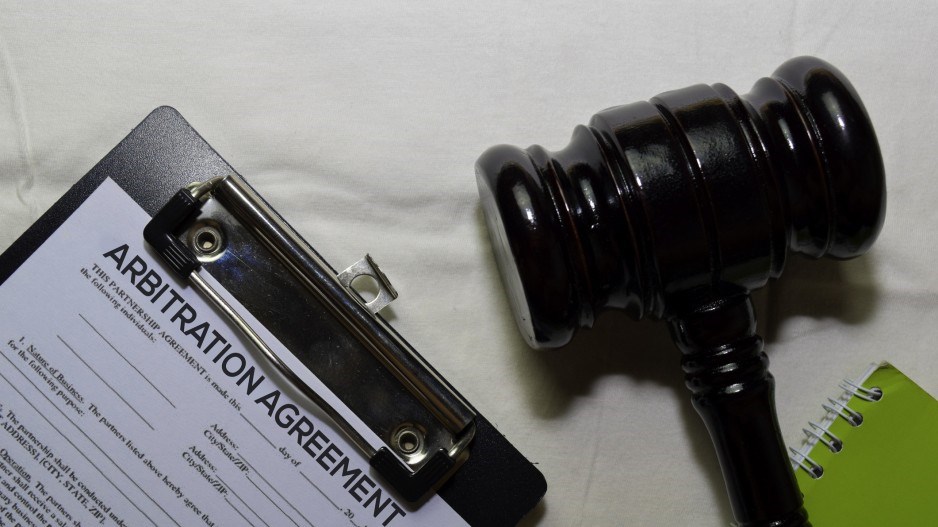As the B.C. court system tries to play catch-up with the large backlog of cases disrupted by the COVID-19 pandemic, those dealing with civil matters in Vancouver have another option.
The B.C. Commercial Arbitration Centre (BCICAC) - one of only a handful such organizations in the world with the ability to handle dispute settlements out of court in matters like international domain-name ownership - said it is now fully operational and ready to aid the court with the ongoing legal backlog.
Earlier this month, B.C. Supreme Court chief justice Christopher Hinkson said in a Canadian Bar Association webinar that the COVID-related closure of the court in March and April created about 4,000 cases adjourned due to the outbreak.
Hinkson noted about 2,400 of those are civil cases while also indicating that the adjournment numbers include a number of cases already in the trail phase - including 548 civil trials that were put over to a future date.
While the court has since reopened, Hinkson also reported that only a fraction of the roughly 300 civil cases slated to start trials in the early part of June proceeded as scheduled (as many parties simply did not want to go ahead so soon after reopening).
Those are the instances where BCICAC can help, officials noted.
“Arbitration has become an increasingly accepted alternative to the time-consuming and expensive court process,” said BCICAC managing director Barry Penner in a statement. “… There is still a tremendous opportunity for more lawyers and businesses to utilize this option.”
Penner noted that BCICAC is able to accommodate social distancing while dispute settlements take place and can resolve a case in about 10 months on average.
“Even if a case has been commenced in the courts, the parties can agree to divert their dispute to arbitration in order to have it resolved,” said Penner in the statement. “In many instances, it turns out to be a much faster alternative.”
According to a Baker McKenzie report about legal trends in 2020, mediation and non-litigation methods of dispute resolution have been “gaining traction around the world” with legislative support. The report also noted B.C. specifically for its pioneering of the “quasi-mandatory notice to mediate system” that has recently been expanded.




